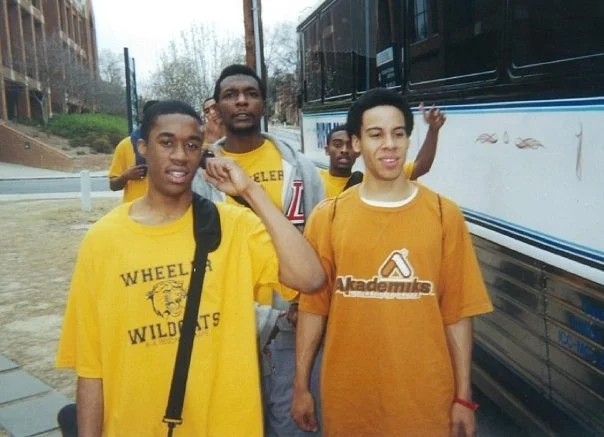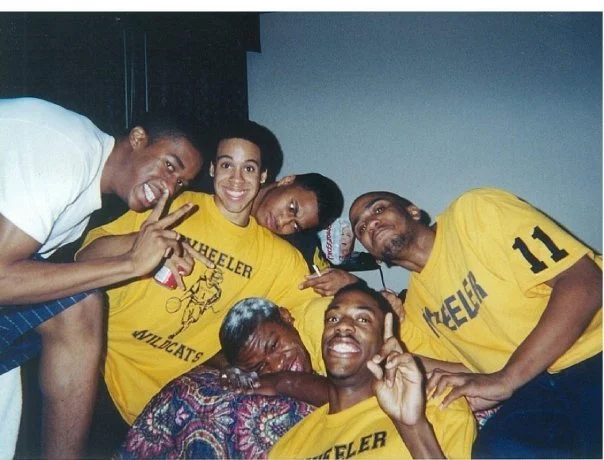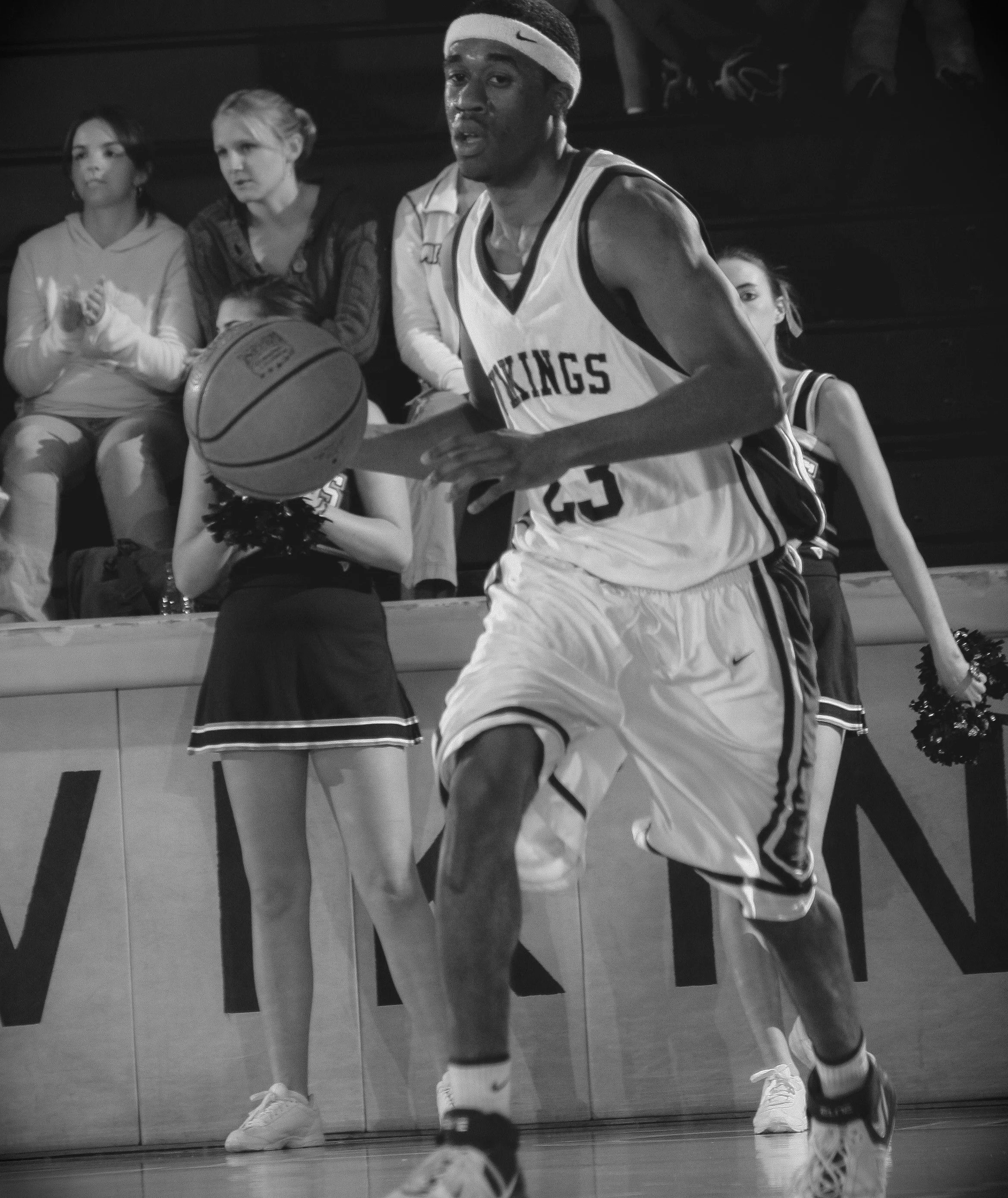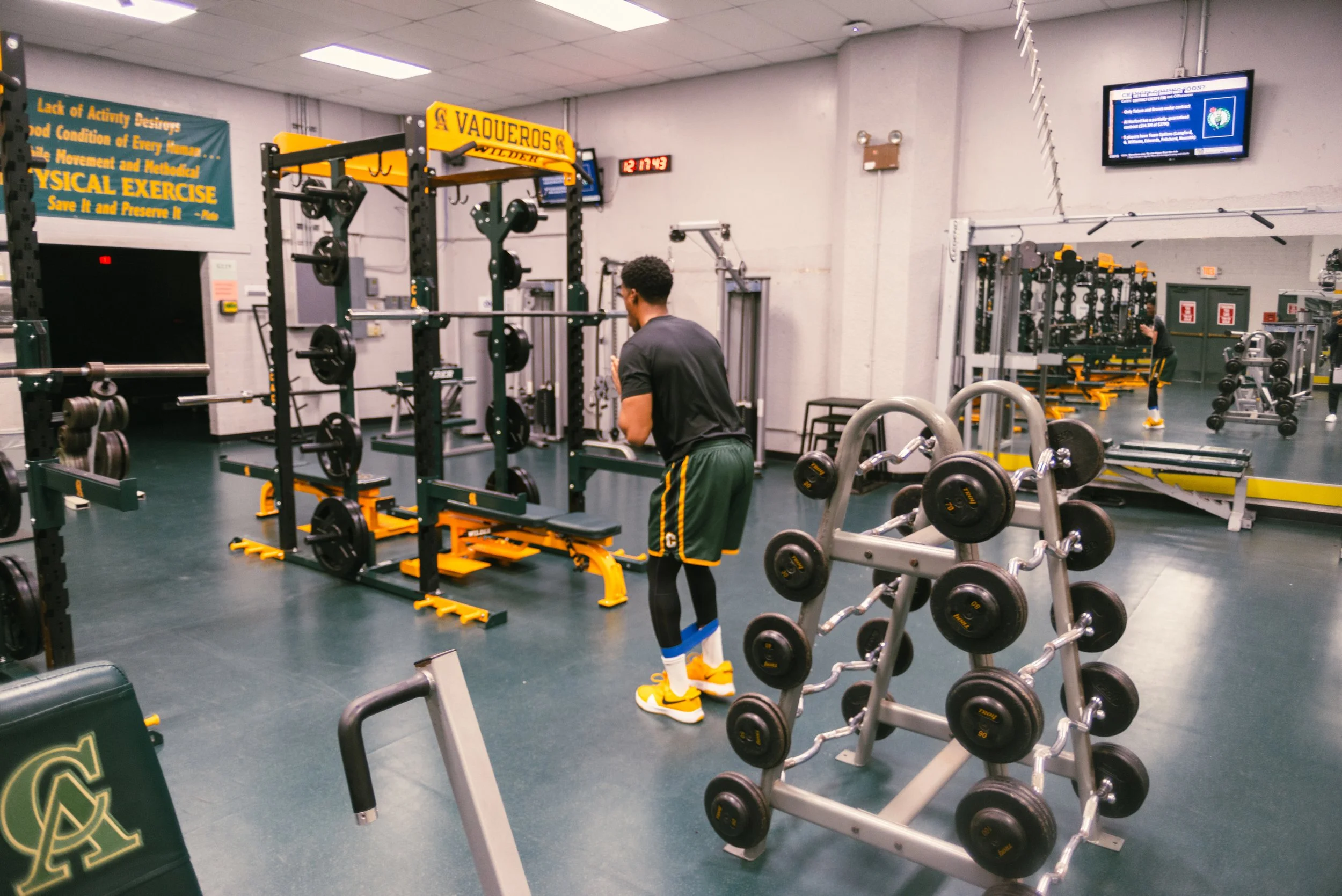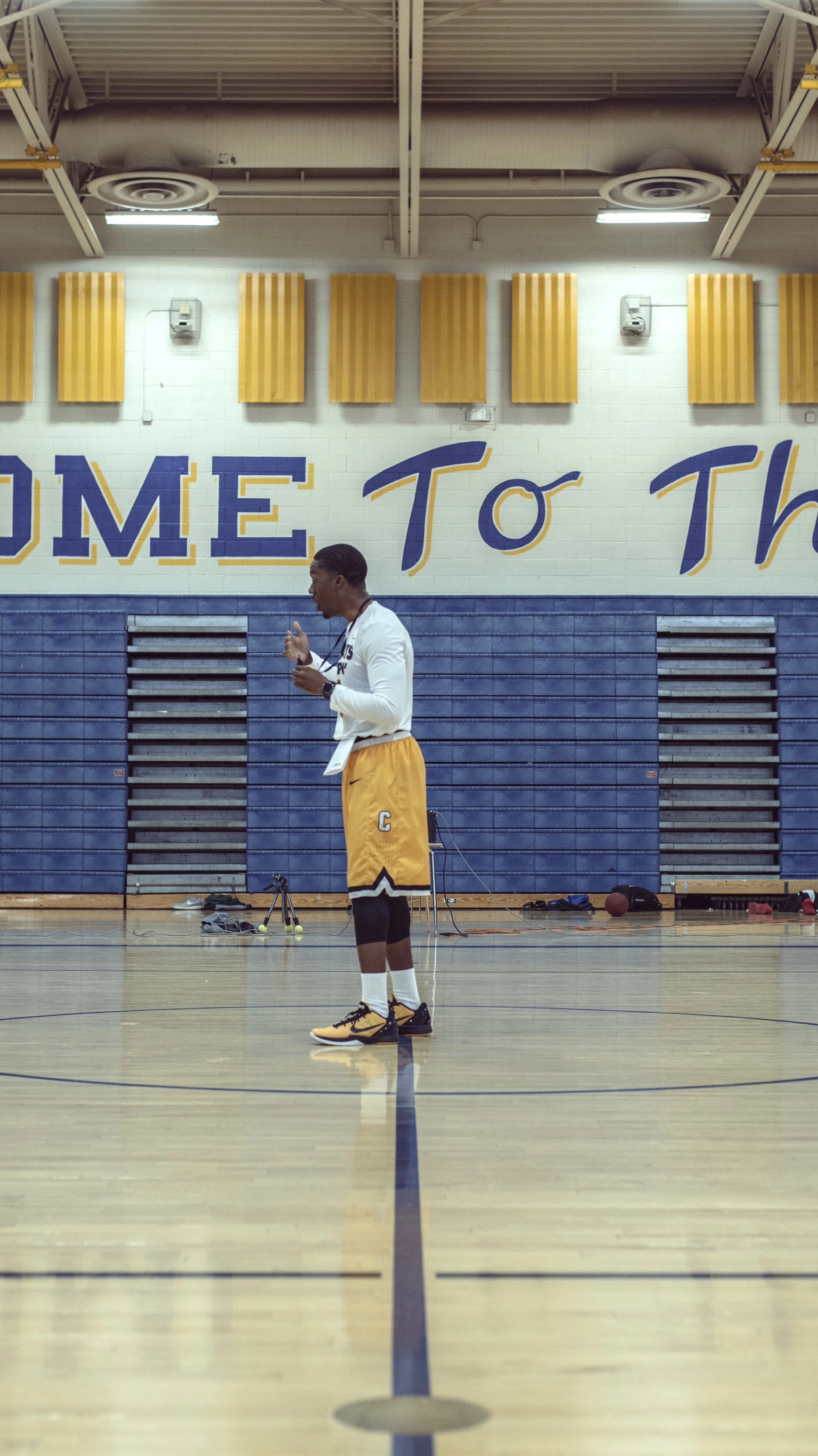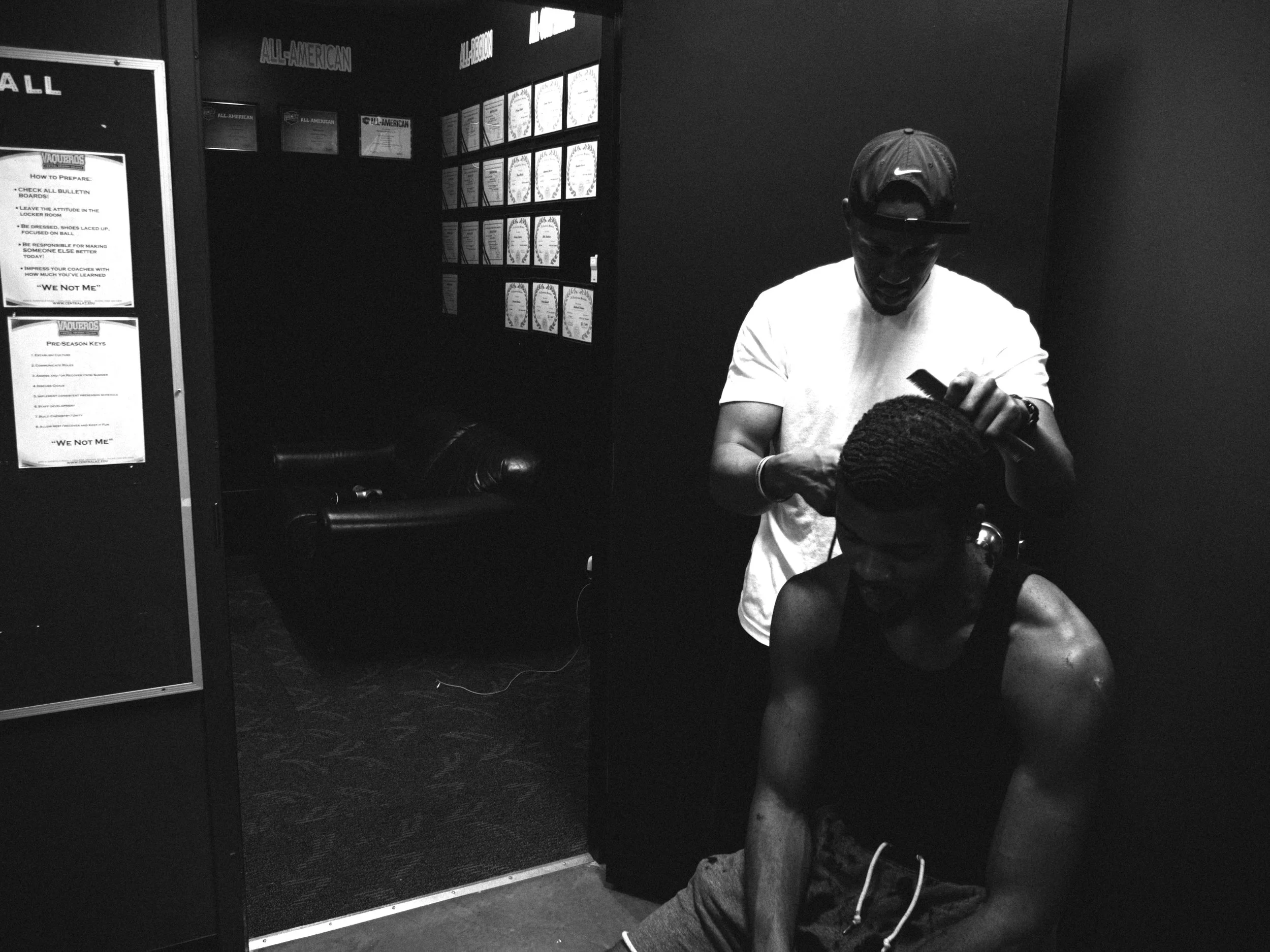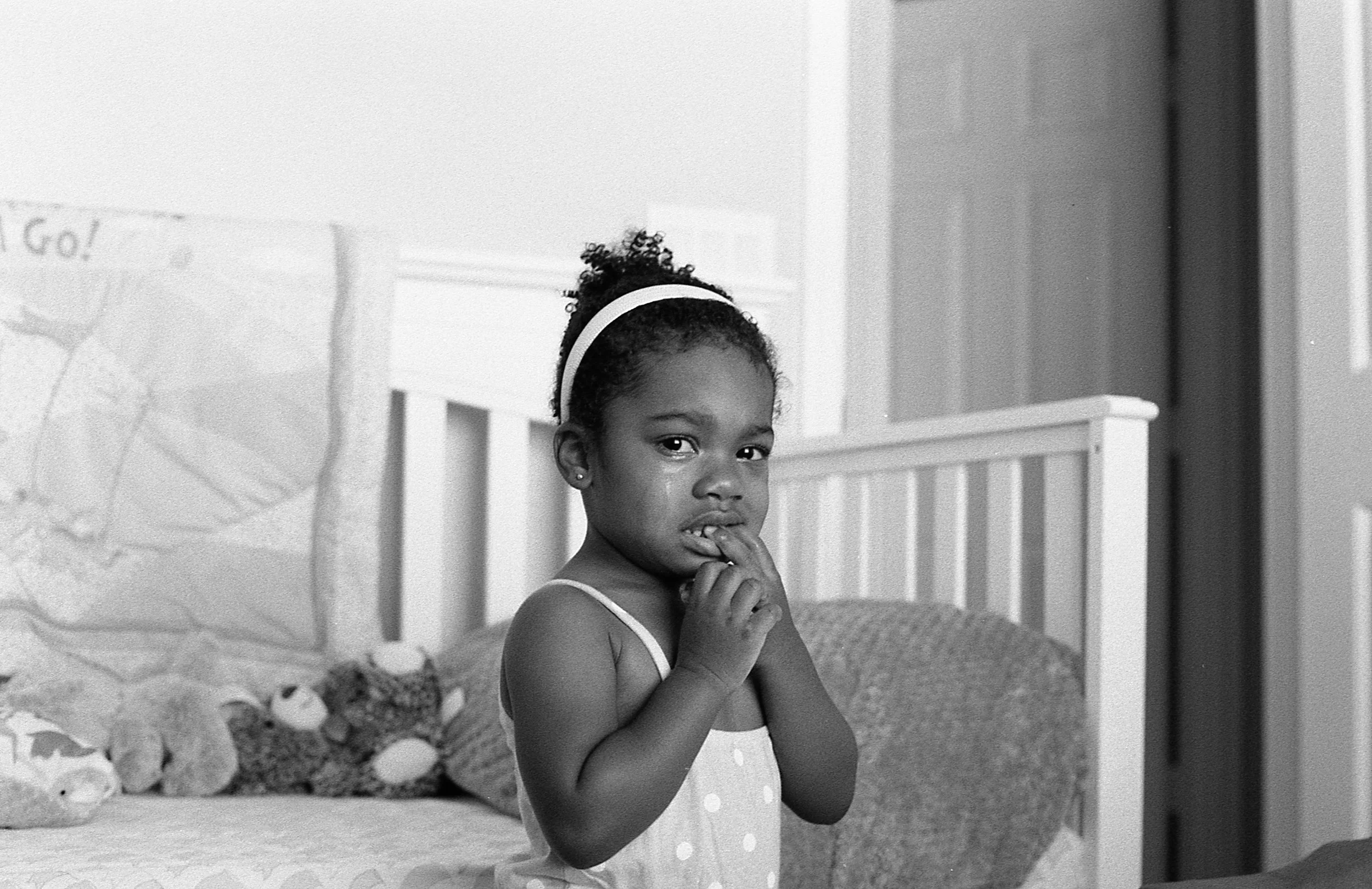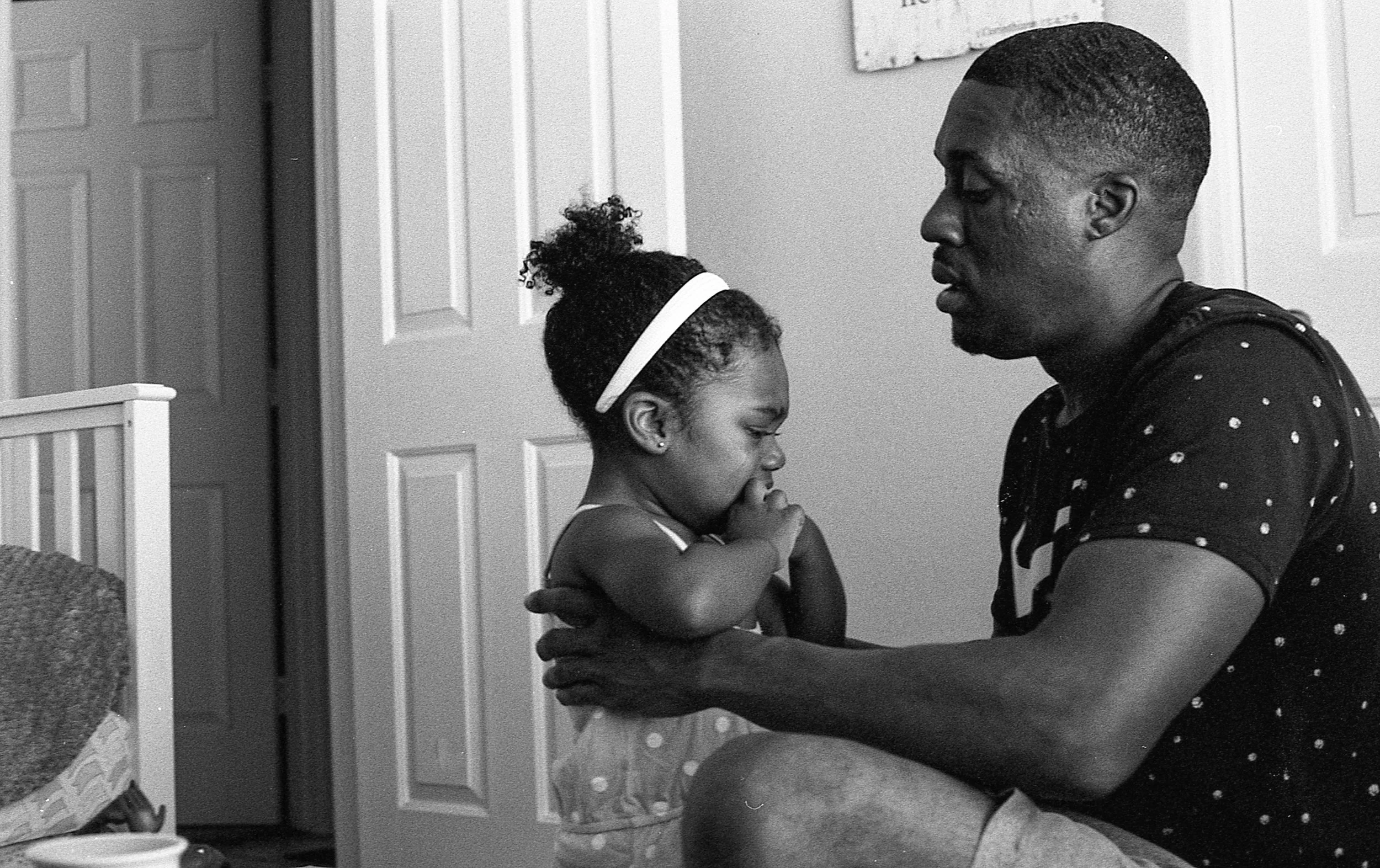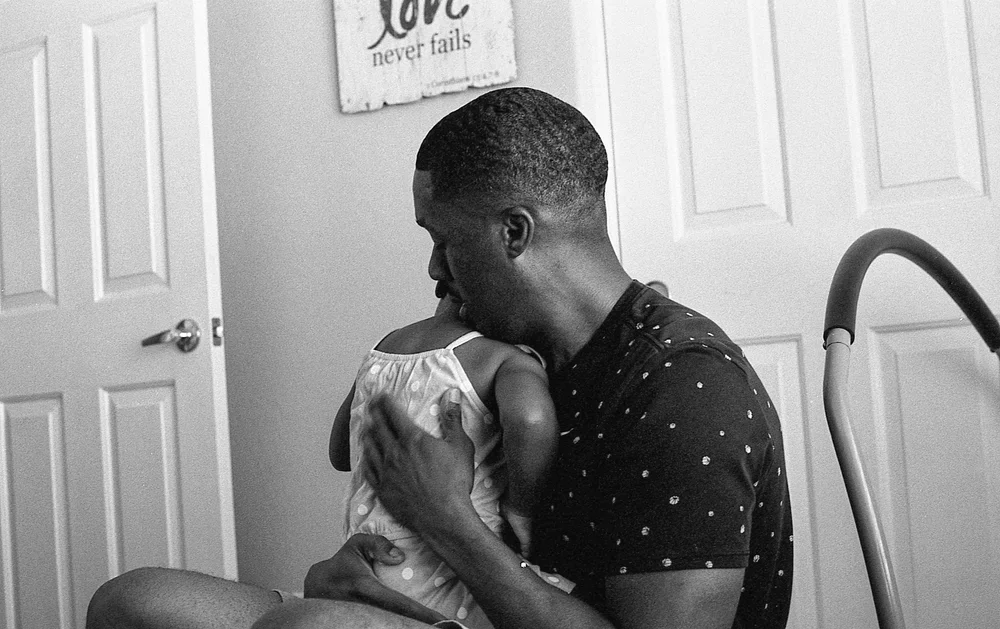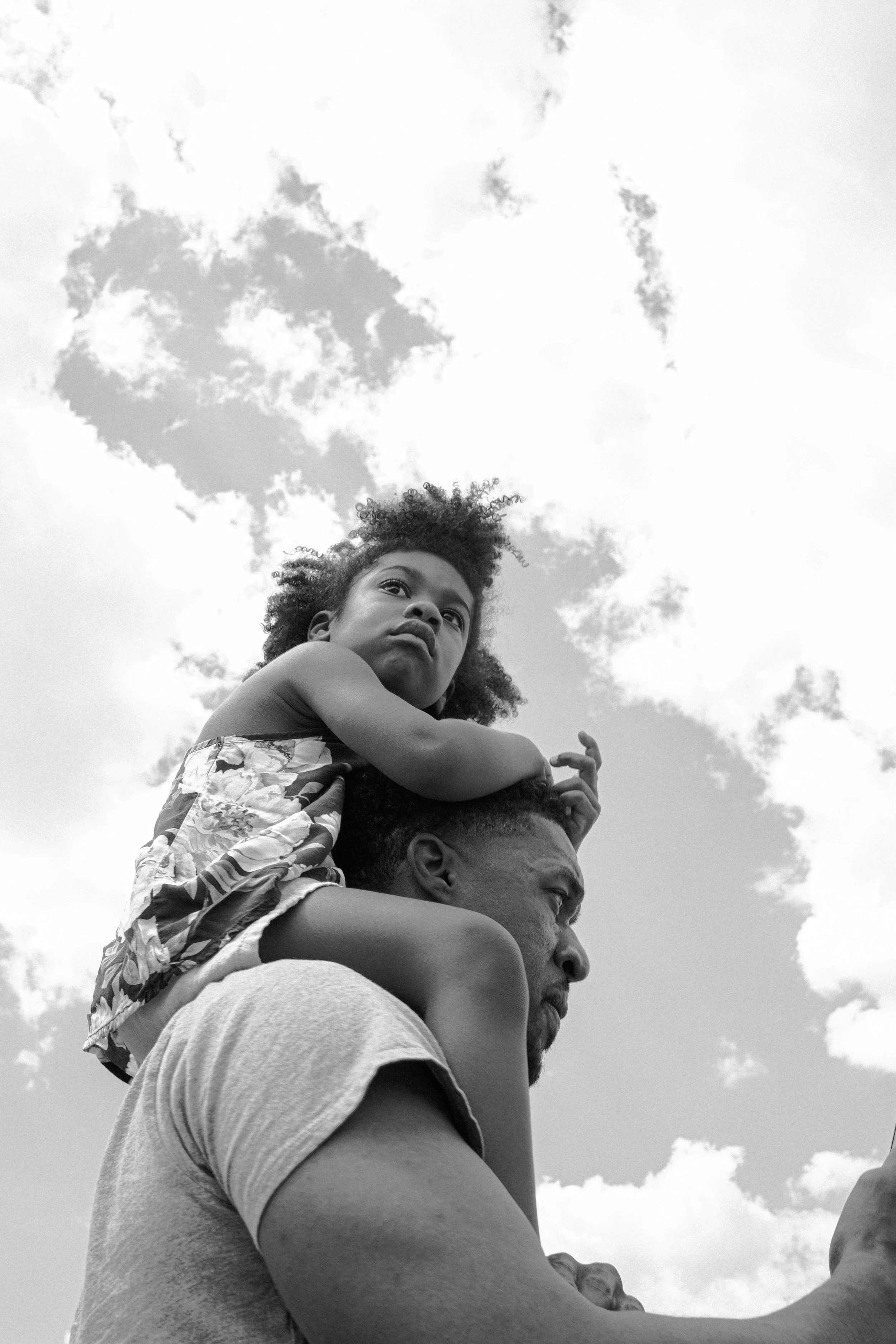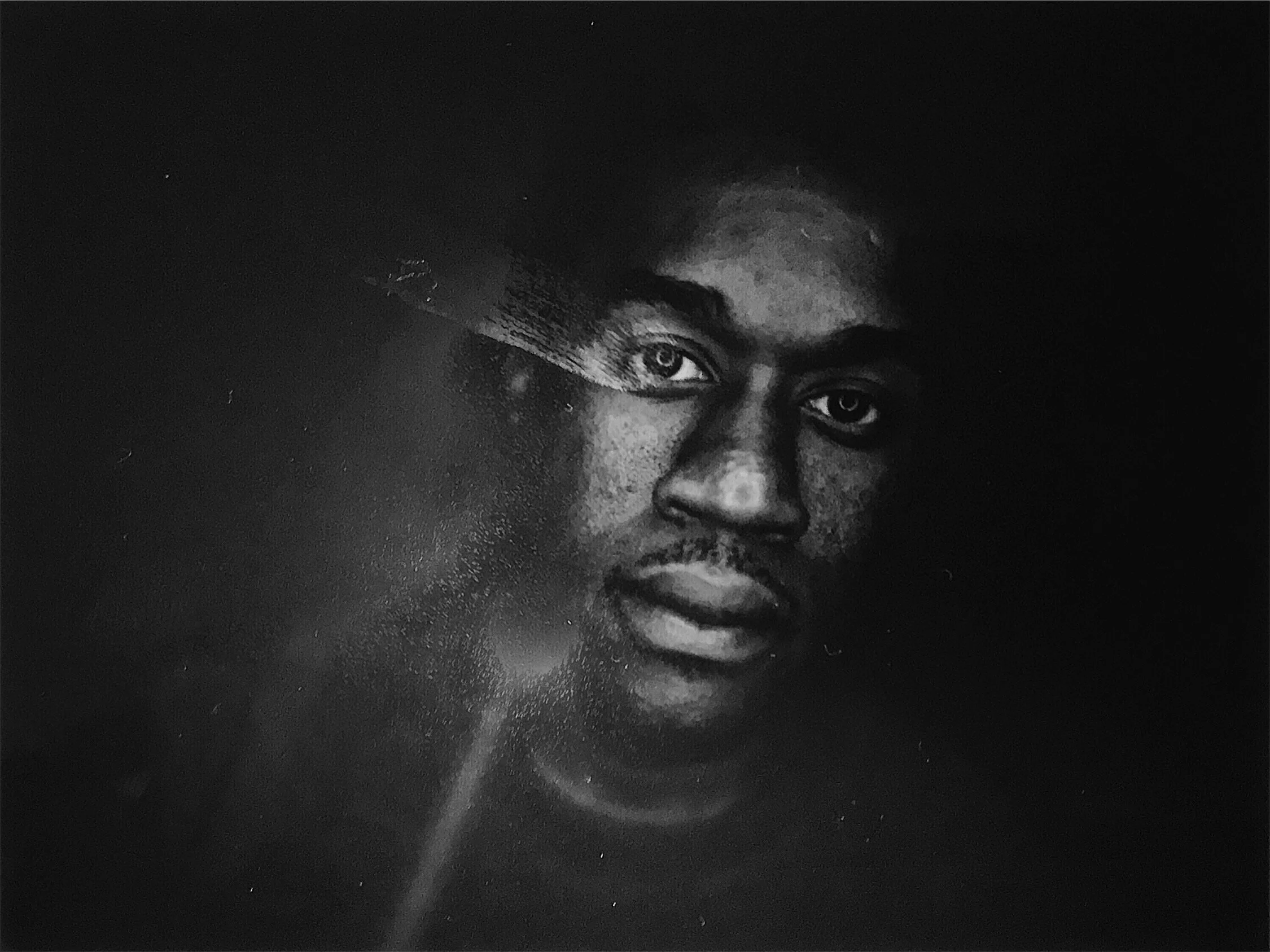Evolving Self
I have always known the importance of a father in a child’s life. But knowing is different from seeing. I grew up with Tramaine. We were teammates when we were young, running the same courts, chasing the same game. Over time, that bond grew into friendship, a closeness that allowed me to witness not just who he was, but who he evolved into.
To watch him fight to be present for his daughter, even as the world worked to strip him down, taught me something deeper. He carried the weight of legal battles, the exhaustion of constant struggle, and the quiet brutality of racism at the junior college where he was head coach. There, his authority was questioned, his knowledge doubted, his very presence unsettled those who could not imagine a Black man leading with power and care. That constant undermining was not just an attack on his position, it was a drain on his spirit. And still, he chose to show up, for himself and for his daughter.
So often, mass media insists that Black men are absent, careless, incapable of loving their families. That lie circulates until it feels like truth. Watching Tramaine shattered that illusion. He refused disappearance. Even when the courts pulled at his time, even when work left him emptied, even when exhaustion wore down his body, he gave his love, again and again. He carved out presence from the little left.
For three years I witnessed his struggle and his devotion. On the court, he taught young men not just how to play basketball, but how to become. He gave them lessons in patience, in responsibility, in care. Off the court, he braided his daughter’s hair, packed lunches, stayed up late studying film, woke before dawn to do it all again. His labor never ended. His love never ceased.
To witness a Black father’s devotion is to see a labor that is rarely named, rarely honored. It is to see how love survives even in hostile conditions. Following him was exhausting, yes. But it was also a revelation. Each moment offered a lesson in what it means to persist, to care, to resist.
